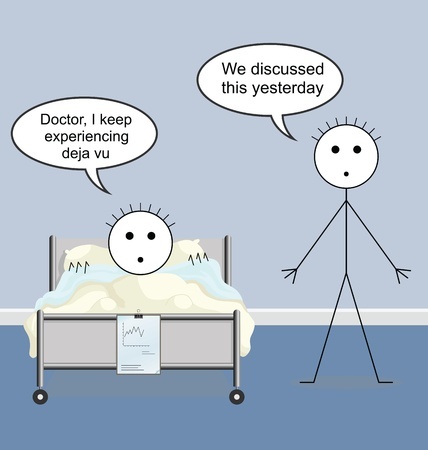First, I was reminded by a friend how differently two people can recall a verbal exchange that simply did not quite rise to the necessary level for communicating. Ugh. Here we both were after some time: one still wondering what was meant by the words he heard and the other not wondering at all about the exchange, because he knew what he meant when he spoke.
Next there was an episode of two friends tackling a small household project: one person ready to jump in and get started and the other unwilling to dive in until there was a mutually understood plan for the work. These two people know about this difference in approach, but that doesn’t make the necessary conversation easy. Communication does not occur and frustration sets in.
Last, consider this quote, “If your people aren’t informed by you, there’s a good chance they’ll be misinformed by others,” fromPatty McCord’s book, Powerful – Building a Culture of Freedom and Responsibility. I have not read this book. For purposes of this writing, I would hope the author raises the possibility that misinforming may in fact come from self.
This idea is not new, but it surely is important. That is, communication typically requires conversation: all parties willing to get out of their own heads (i.e., what we “know” we mean) and invite other participants to join in understanding. It’s in fact why great authors need great editors. Editors help question and clarify what an author means.
For example, as a leader of a project team, give the essential elements of a new project and then stop telling (i.e., talking). Ask your team:
- What have I not shared that would be helpful for you to know before we begin this work?
- How might this work plan be improved from your perspectives?
- What suggestions do you have to break the project into meaningful parts?
- When does it make sense to bring the whole team together for status reporting?
- If you have questions or need tools or information, do you know what resources are available?
In other words, remind yourself that telling people what you know, even as the leader of a team, is likely not sufficient verbal activity. If communication is indeed the experience of all participants getting all of the information they need for understanding and engagement, we must work to achieve it. Our teams, as well as our families and friends, will be better for that work.



